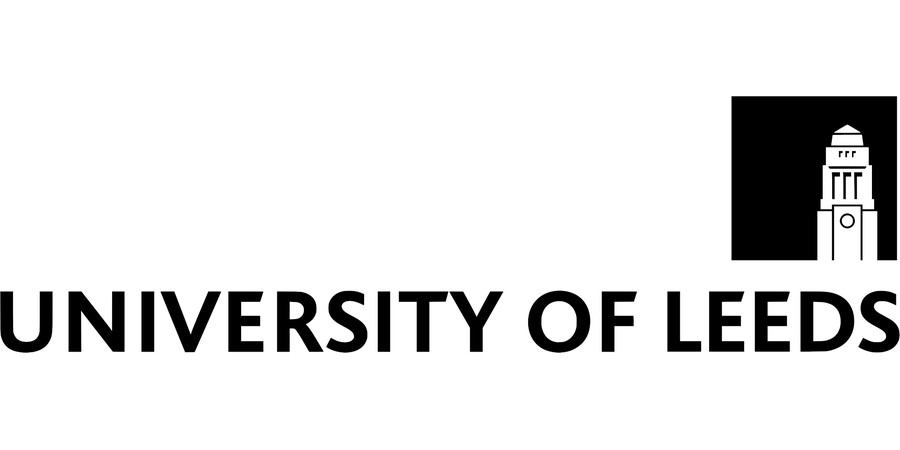PhD Studentship: Multi-Scale Corrosion Assessment of Additively Remanufactured Metallic Components
University of Leeds - Faculty of Engineering and Physical Sciences
| Qualification Type: | PhD |
|---|---|
| Location: | Leeds |
| Funding for: | UK Students |
| Funding amount: | £19,237 per year for 3.5 years |
| Hours: | Full Time |
| Placed On: | 28th November 2024 |
|---|---|
| Closes: | 28th February 2025 |
See Project Link via the 'Apply' button above.
Number of Positions: 1
School/Faculty: Mechanical Engineering
Closing Date: 28 February 2025
Eligibility: UK Only
Funding: EPSRC Faculty Doctoral Training Partnership Studentship offering the award of fees, together with a tax-free maintenance grant of £19,237 per year for 3.5 years.
Lead Supervisor’s full name & email address
Dr Joshua Owen: j.j.owen@leeds.ac.uk
Co-supervisor name & email address
Dr Nicole Hondow: n.hondow@leeds.ac.uk
Professor Robert Kay: r.w.kay@leeds.ac.uk
Project summary
This PhD will investigate the corrosion behaviour of additively remanufactured stainless steel in collaboration with Sulzer. ‘Additive remanufacturing’ utilises additive manufacturing techniques to rework damaged or worn components, restoring their function with notable cost, lead-time and environmental benefits to industry. Despite the unique benefits of remanufacturing, there is a requirement to understand the aqueous corrosion behaviour of additively remanufactured components to enable wider adoption of the technique. This interdisciplinary PhD project will develop the necessary corrosion understanding of remanufactured stainless steel in aqueous CO2-containing environments, typical of geothermal energy and carbon capture infrastructure.
Additive manufacturing is achieving rapid adoption across manufacturing industries, offering significant advantages over traditional manufacturing through the provision of new design freedoms, material-usage efficiencies, and bespoke production. However, corrosion is a major challenge that can cause rapid degradation of materials as a result of interaction with an aqueous environment. Corrosion behaviour of traditional manufactured materials has been widely studied, but understanding has yet to be established for additively manufactured materials. Developing this understanding is essential, particularly in demanding aqueous CO2-containing environments that can lead to high rates of corrosion. Of particular interest in this project will be the interface between the original traditional manufactured component and the additively remanufactured repair zone, where galvanic and localised corrosion may be initiated.
We are looking for an enthusiastic graduate with an interest in materials chemistry, engineering materials and/or material science to join this project based between the Schools of Mechanical Engineering and Chemical and Process Engineering. In partnership with Sulzer, additive remanufacturing will be evaluated for application in renewable energy and carbon capture infrastructure, utilising specialised electrochemical techniques and state-of-the-art electron microscopy facilities to evaluate corrosion behaviour.
You must be able to start your PhD study by no later than 1 April 2025 as funding is time-limited.
Company spotlight
Sulzer Ltd is internationally renowned leader in flow equipment technologies; particularly high-performance pumps used in shipping, energy generation, and transportation of fluids. Sulzer has a large-scale manufacturing and testing facility in Leeds. This studentship will hugely benefit from the direct support and mentoring from the research and production staff at Sulzer, complemented by access to equipment and materials to facilitate the research.
Please state your entry requirements plus any necessary or desired background
A first class or an upper second class British Bachelors Honours degree (or equivalent) in an appropriate discipline.
Subject Area
Mechanical engineering, materials science, chemistry, chemical and process engineering, energy
Keywords
Additive, manufacturing, corrosion, metallurgy, geothermal energy, carbon capture
Advert information
Type / Role:
Subject Area(s):
Location(s):









